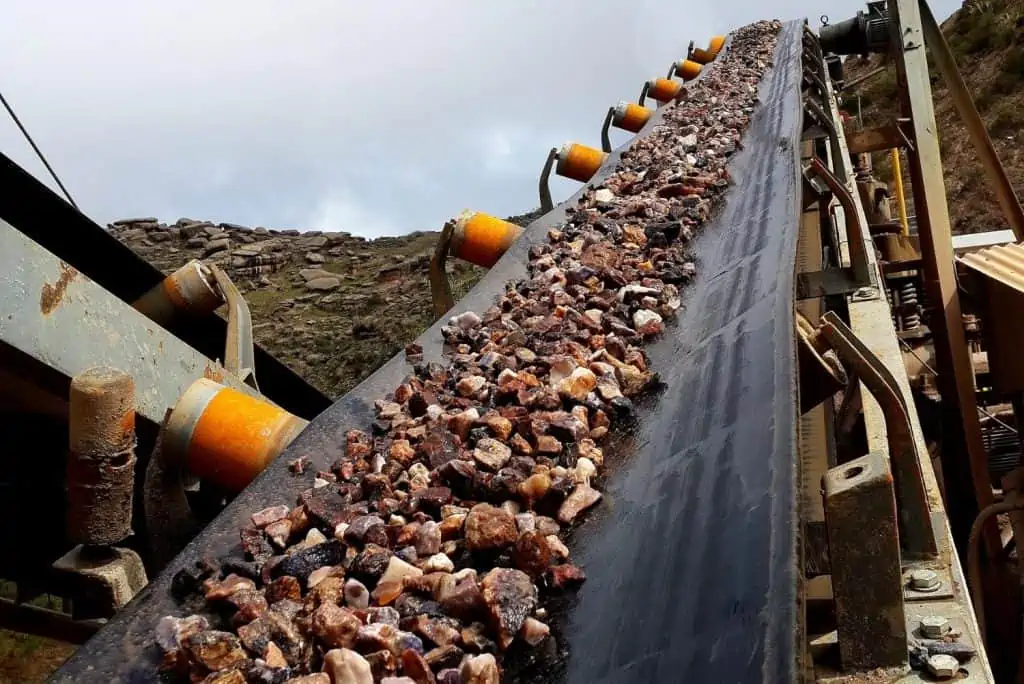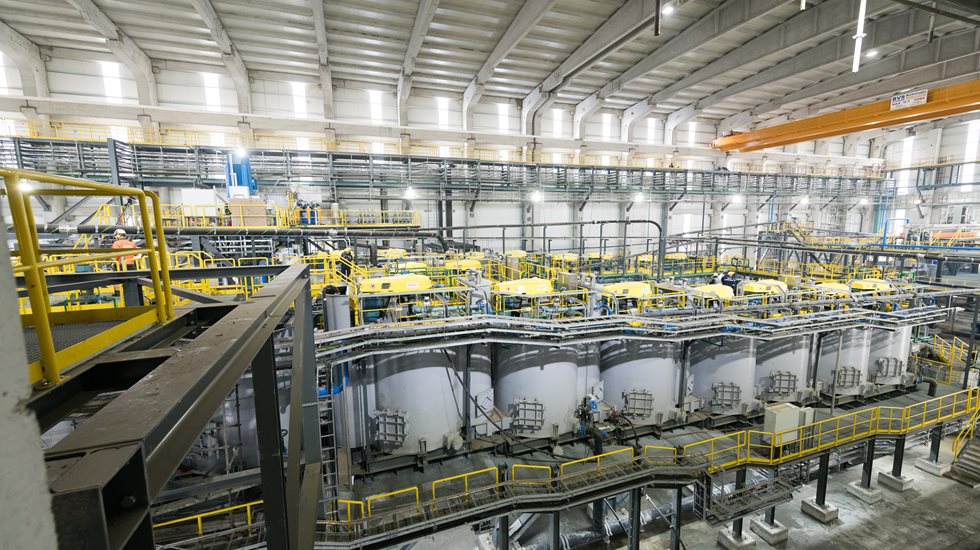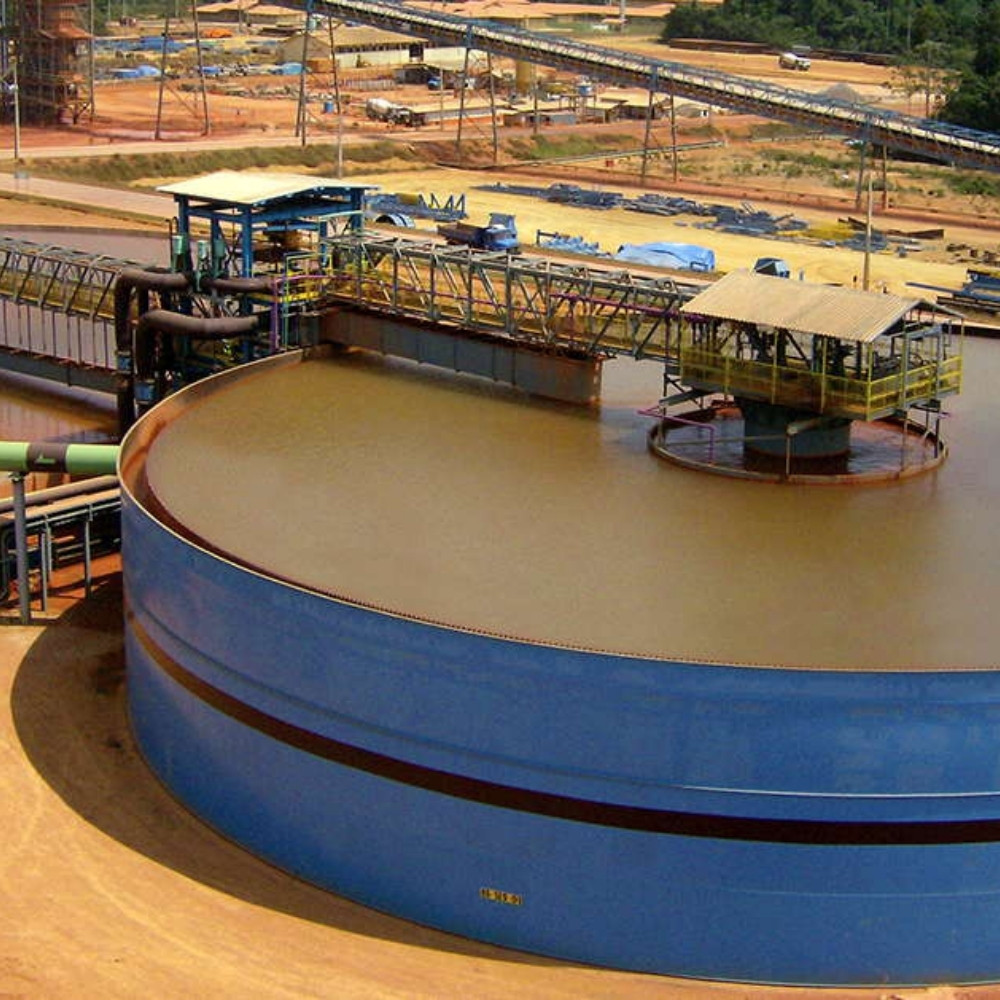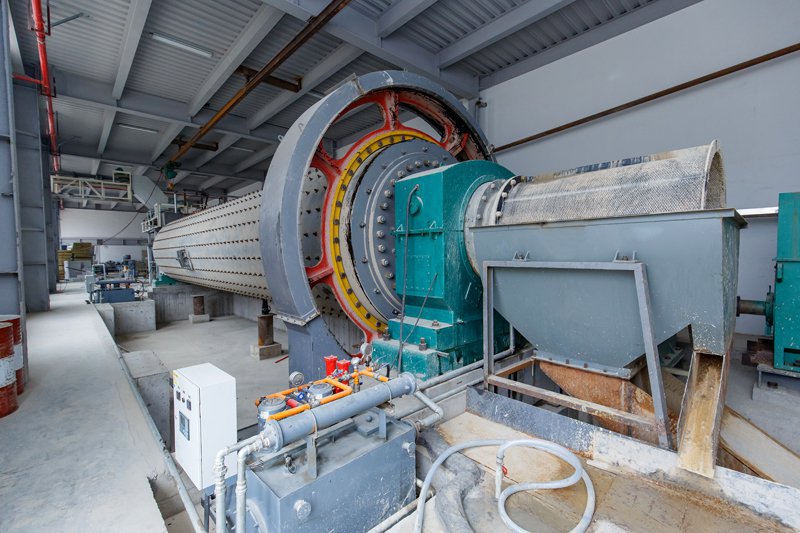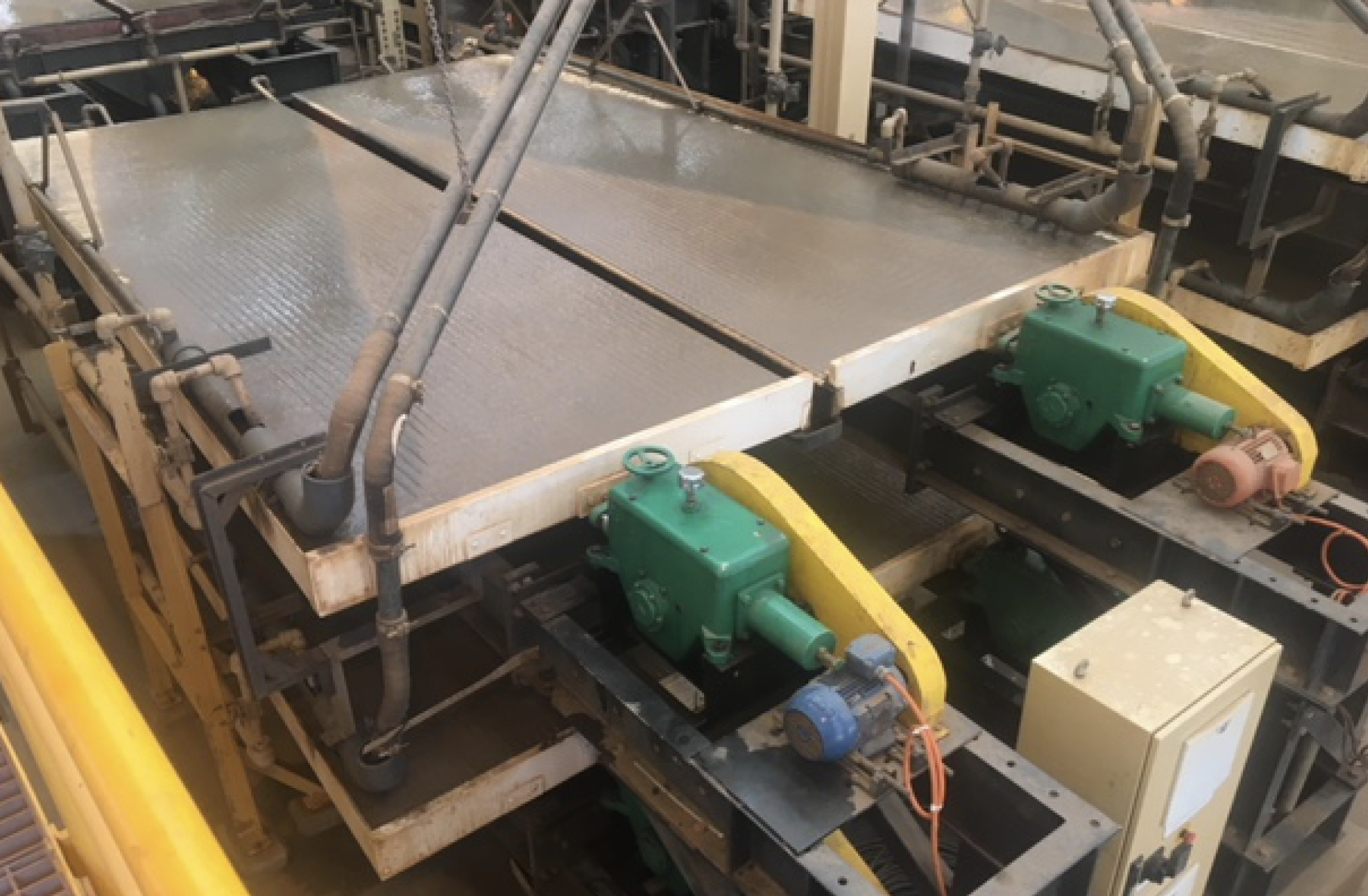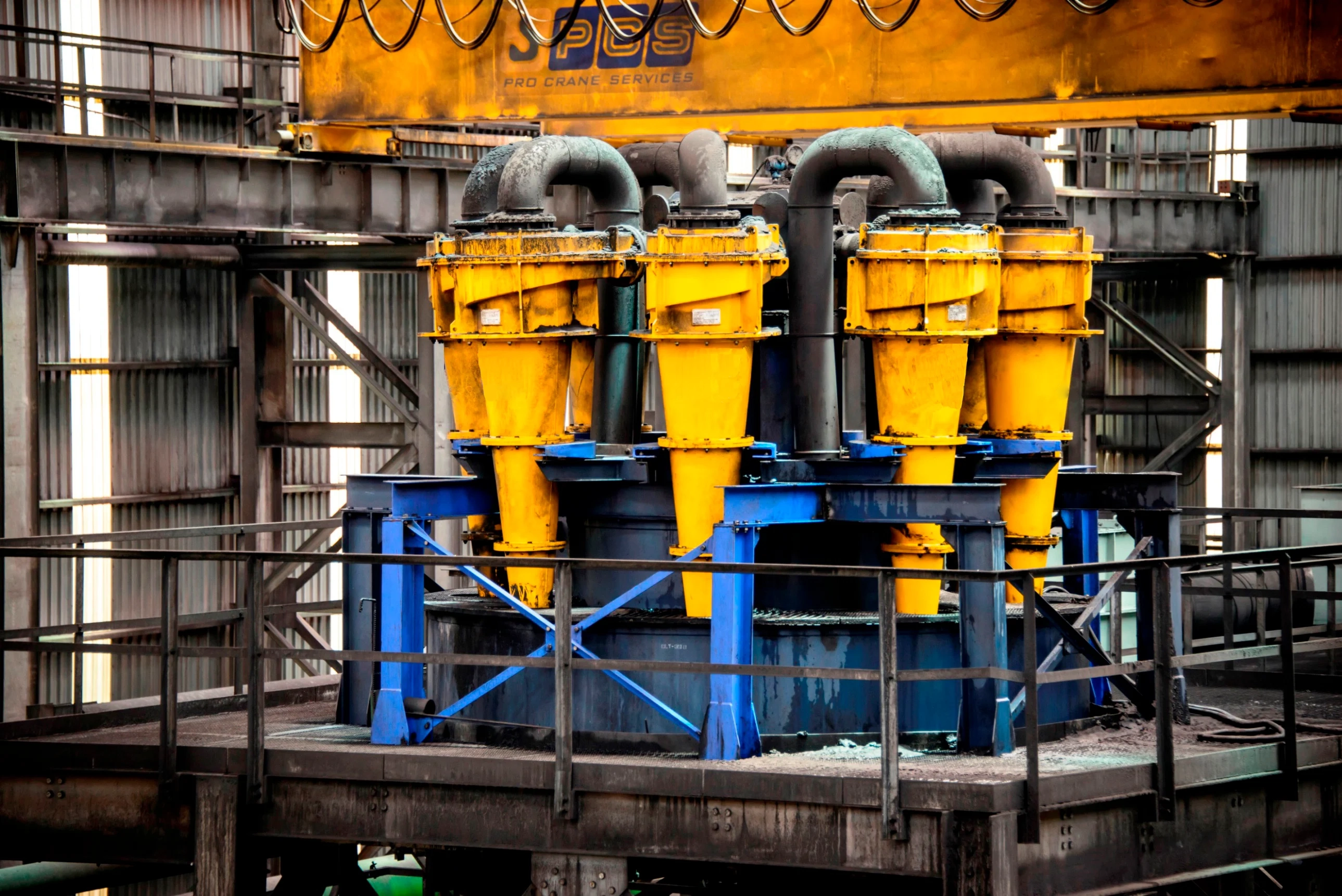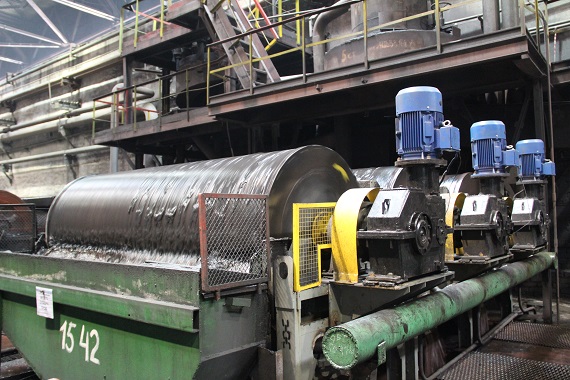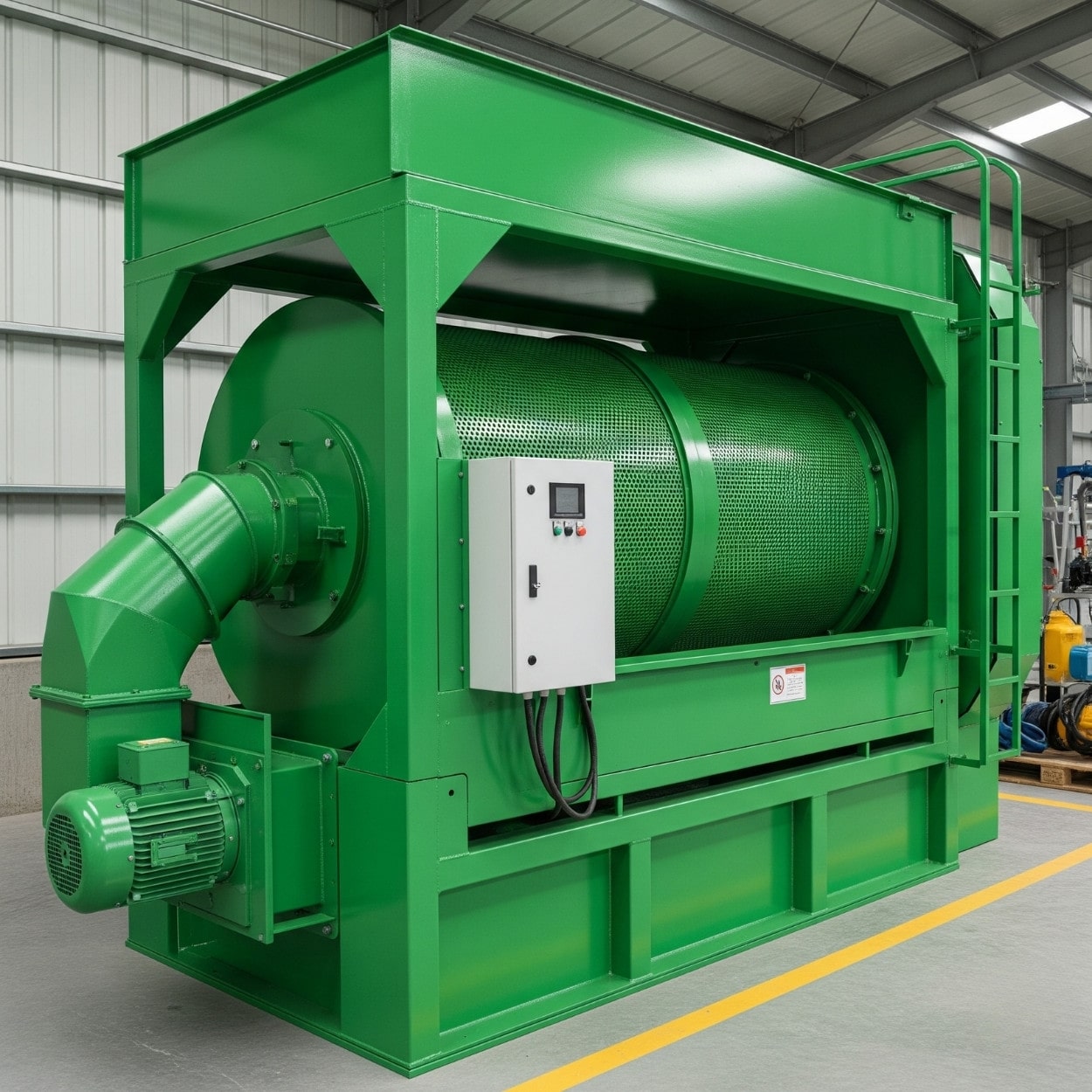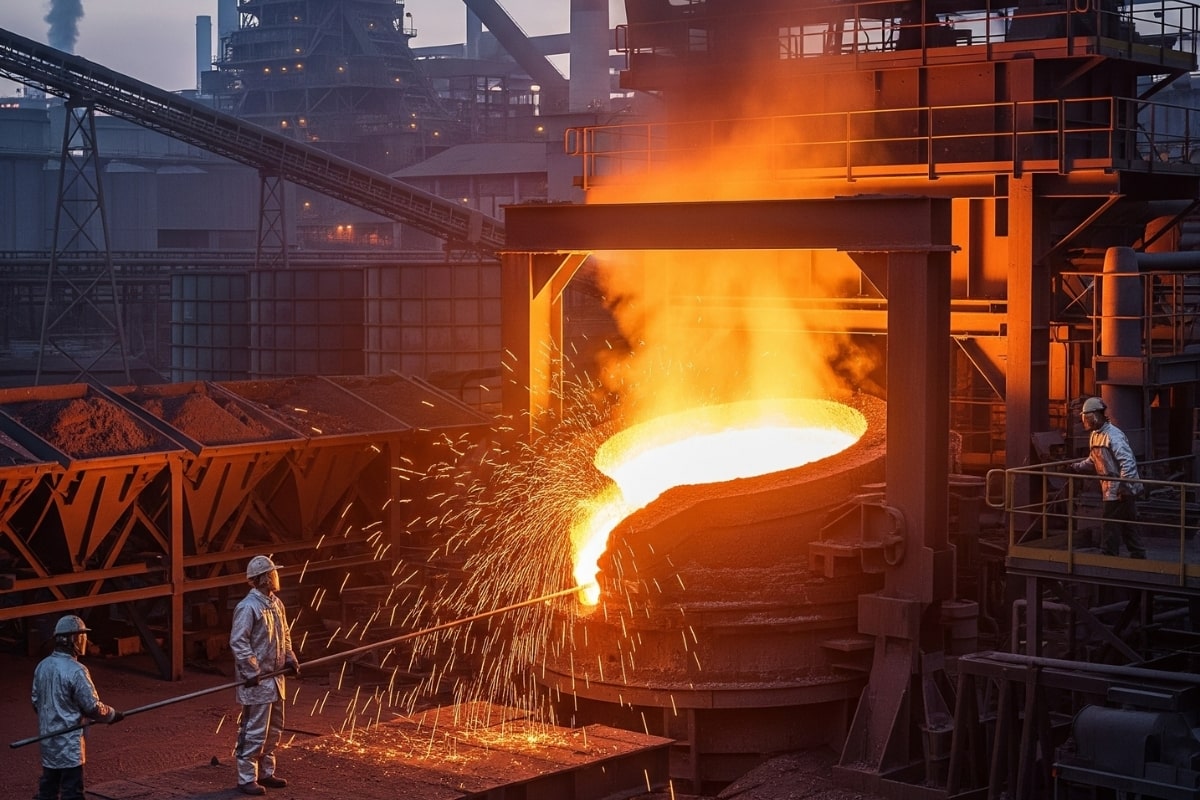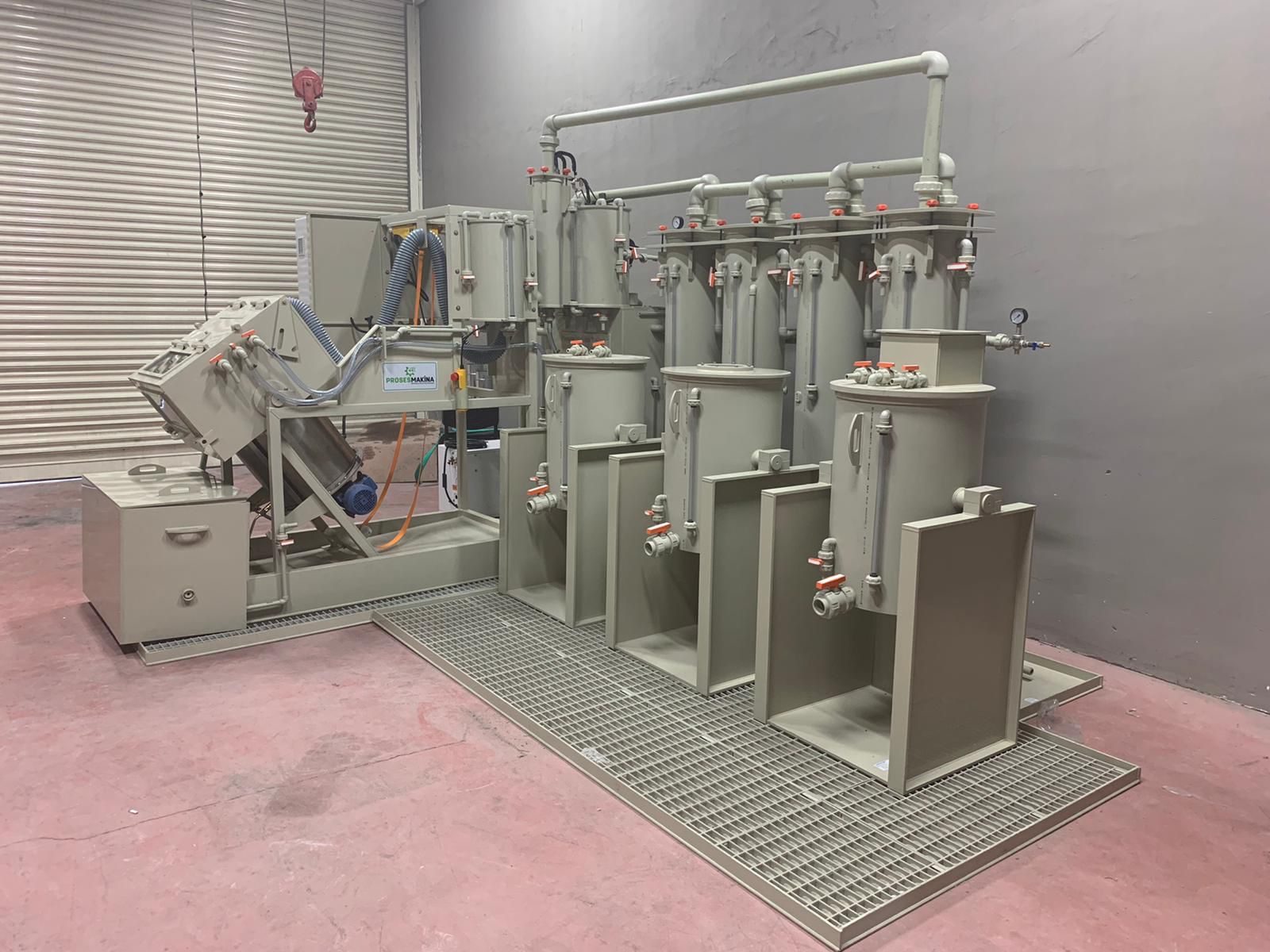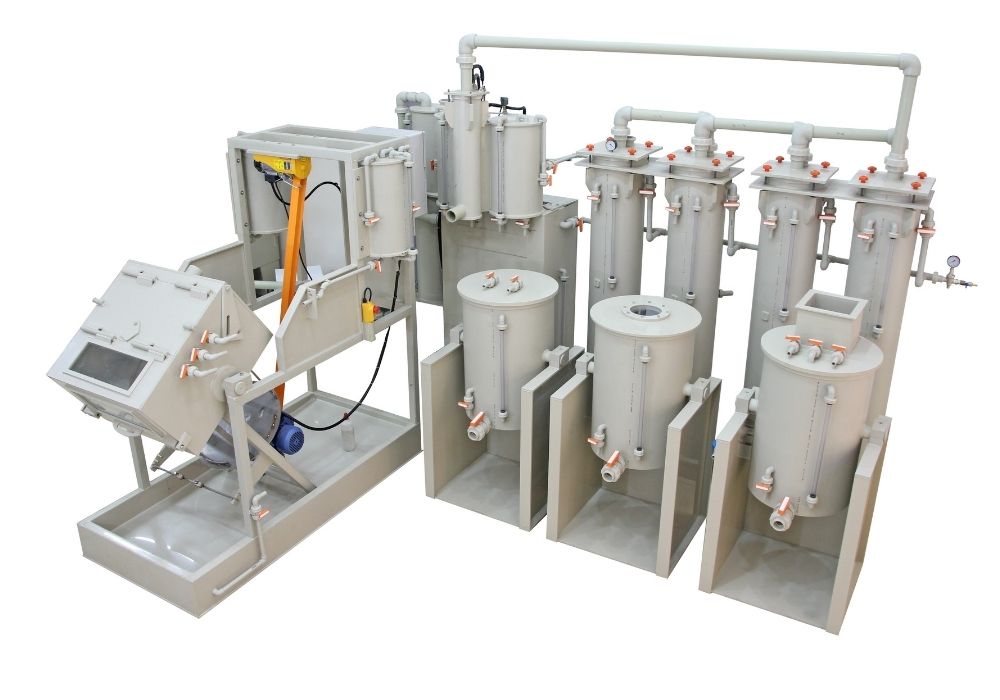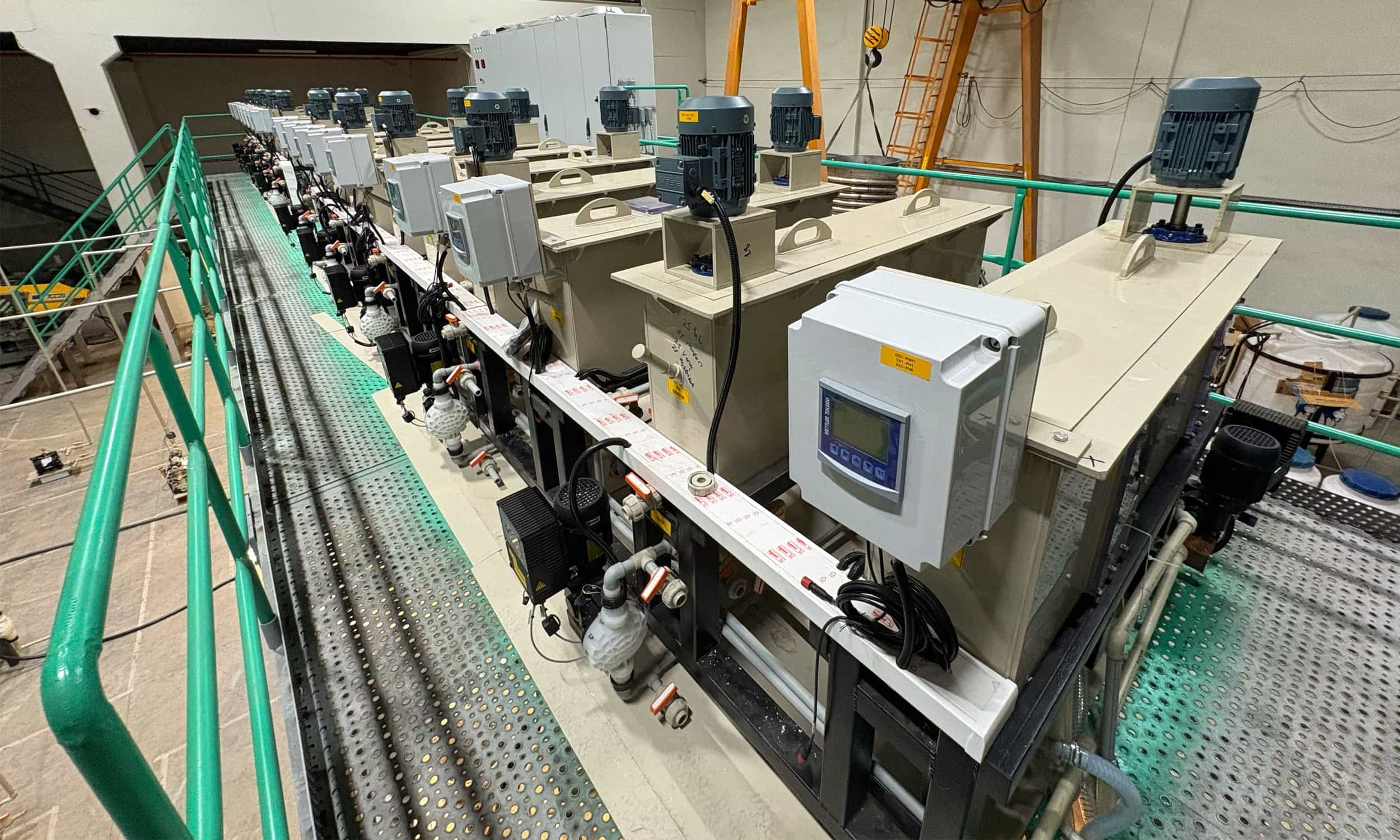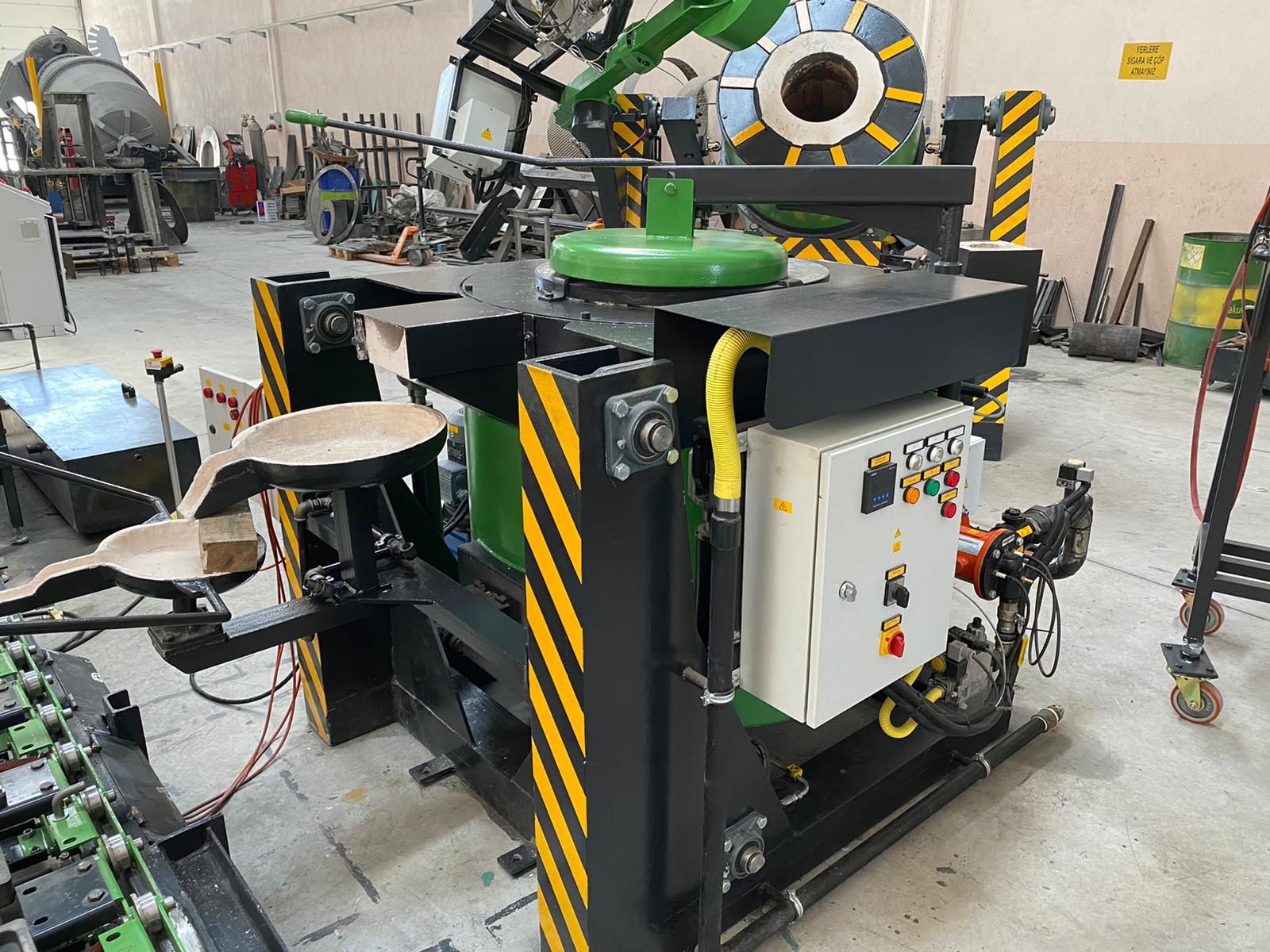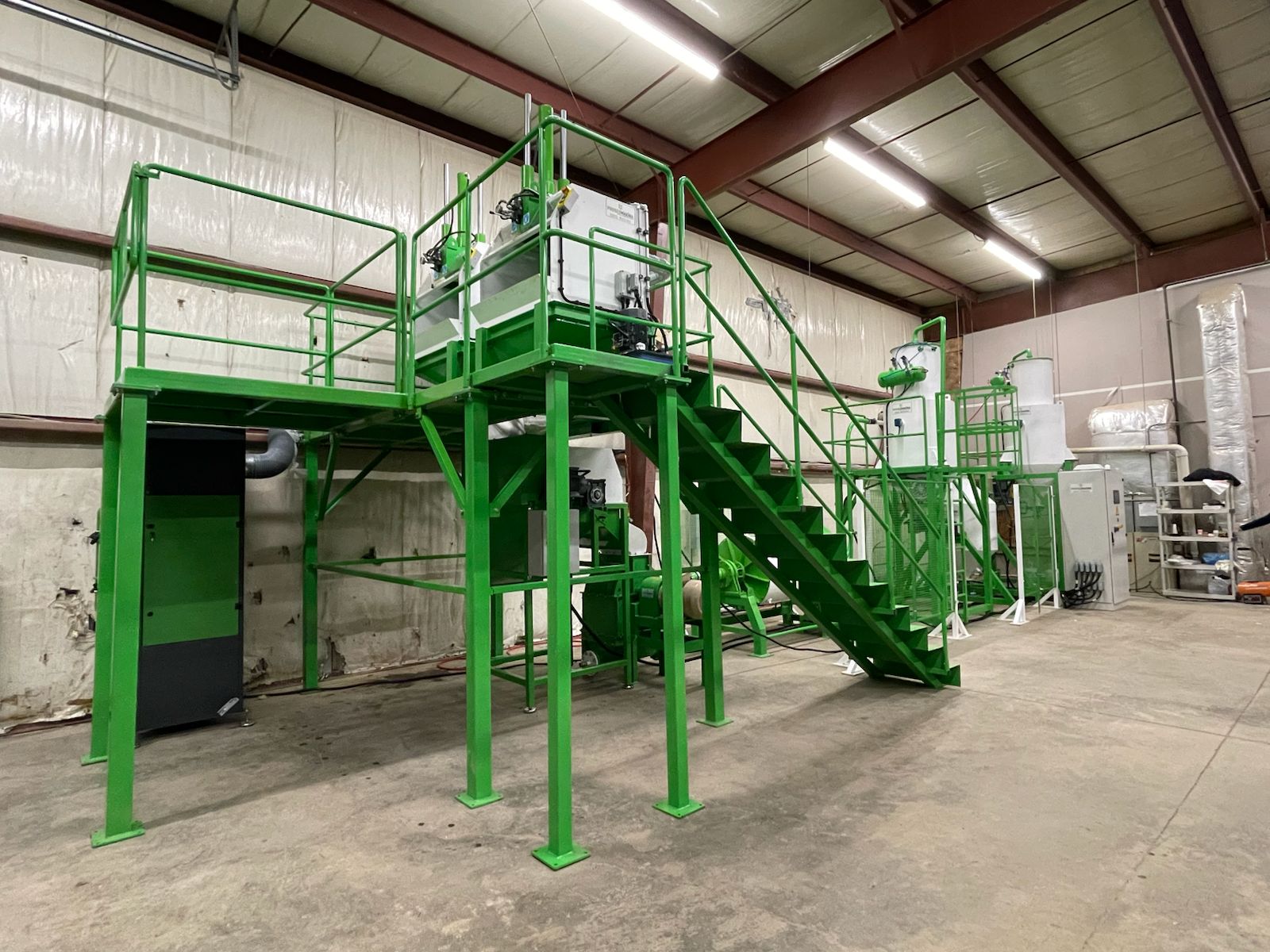In today’s competitive manufacturing environment, optimizing production efficiency is essential for maintaining a market advantage. Effective machinery fleet management and regular maintenance play a vital role in maximizing performance and minimizing downtime. This article explores how these strategies enhance operational efficiency, outlines the benefits of periodic maintenance, and presents real-life examples of success. By adopting comprehensive maintenance plans and smart management practices, businesses can achieve streamlined operations, increased productivity, and long-term growth.
Impact of Machinery Fleet Management and Periodic Maintenance on Production Processes
The Impact of Machinery Fleet Management and Periodic Maintenance on Production Processes is significant, as it directly influences overall production efficiency. Effective machinery fleet management ensures that each piece of equipment is utilized optimally, minimizing downtime and maximizing output. This involves keeping track of machinery performance metrics, scheduling regular maintenance, and swiftly addressing any operational issues that arise.
Another crucial aspect is the proactive monitoring of machinery conditions. By employing advanced diagnostic tools and analyzing operational data, businesses can anticipate potential failures before they happen. This foresight allows for the timely execution of maintenance tasks, preventing costly interruptions in production.
Moreover, effective fleet management helps in resource allocation and planning. With detailed insights into the operational capabilities of each machine, businesses can make informed decisions about equipment usage, ensuring that the right machinery is available at the right time to meet production demands.
A well-managed machinery fleet not only enhances productivity but also contributes to significant cost savings over time. By integrating periodic maintenance and efficient management practices, organizations can ensure sustainable growth and reliability in their production processes.
Key Benefits Of Periodic Maintenance For Machinery Performance
Implementing a robust periodic maintenance schedule is essential for ensuring optimal machinery performance. One of the primary impacts of machinery fleet management and periodic maintenance on production processes is the prevention of unexpected breakdowns. By regularly servicing machinery, potential issues can be detected and rectified before they escalate, resulting in a significant reduction in downtime.
Additionally, periodic maintenance enhances the longevity of equipment. Regular maintenance procedures, including lubrication, adjustments, and part replacements, help machines operate more efficiently and with less wear and tear. This not only extends the life of the machinery but also ensures consistent production standards, thereby supporting overall operational productivity.
Moreover, companies that adopt a systematic maintenance approach often experience improved safety conditions within the workplace. Well-maintained machinery poses fewer hazards to operators, reducing the chances of accidents and promoting a culture of safety. This is particularly important in environments that rely heavily on machinery for production.
A well-executed periodic maintenance strategy can lead to cost savings. Although some may view maintenance as an added expense, it ultimately leads to lower repair costs and minimizes the need for emergency service calls. By investing in regular maintenance, businesses can achieve a favorable return on investment, reinforcing the significant impact of machinery fleet management and periodic maintenance on production processes and overall business success.
Impact Of Machinery Fleet Management And Periodic Maintenance On Production Processes
Understanding the impact of machinery fleet management and periodic maintenance on production processes is crucial for any business seeking to enhance productivity and reduce operational costs. Efficient machinery fleet management ensures that all machines are utilized to their fullest potential, thereby minimizing downtime and maximizing output. By monitoring performance and scheduling maintenance effectively, businesses can proactively address potential issues before they escalate, ensuring that production processes remain uninterrupted.
Periodic maintenance plays a vital role in this aspect as well. Regular checks and servicing of machinery not only enhance their performance but also extend their lifespan. This translates to fewer unexpected breakdowns and improved reliability, which are essential for maintaining a consistent production schedule. Integrating fleet management with robust maintenance protocols significantly decreases the risk of machinery failure, allowing businesses to operate smoothly and efficiently.
Moreover, effective fleet management provides valuable insights through data analytics. By tracking machinery usage, businesses can identify patterns and trends, optimizing their operation strategies accordingly. This leads to informed decision-making that can further enhance productivity. In combination with scheduled maintenance, such strategies solidify the foundation for a resilient production process, resulting in a competitive edge in the market.
To summarize, the impact of machinery fleet management and periodic maintenance on production processes goes beyond mere upkeep; it involves strategic planning and execution that fosters efficiency, reliability, and ultimately, profitability. By investing in these areas, businesses are better equipped to respond to the dynamic demands of the market, ensuring continued success.
Comprehensive Maintenance Packages To Optimize Machinery Operation
To ensure the smooth operation and longevity of machinery, investing in comprehensive maintenance packages is essential. These packages are designed to cover various aspects of machinery care, including regular inspections, timely repairs, and essential upgrades. By implementing a structured maintenance program, businesses can significantly enhance the impact of machinery fleet management and periodic maintenance on production processes.
The purpose of these maintenance packages is to preemptively address issues before they escalate into costly downtime. Regular maintenance not only boosts the performance of machinery but also extends its lifecycle, ensuring that production processes run efficiently. Furthermore, these packages often come with tailored services that align with specific operational needs, providing a personalized approach to fleet management.
Another critical advantage of comprehensive maintenance is data-driven insights that come from periodic assessments. With consistent monitoring, businesses can identify trends or potential failures, allowing for informed decision-making. This proactive approach is a key component of effective machinery fleet management.
Moreover, partnering with a maintenance service that offers customizable solutions allows organizations to adapt to changes in production demands swiftly. Such flexibility ensures that the machinery fleet is always aligned with the current operational goals, thereby optimizing overall productivity.
Real-Life Success Stories Of Effective Fleet Management And Maintenance
Real-life examples of successful machinery fleet management and maintenance illustrate the Impact of Machinery Fleet Management and Periodic Maintenance on Production Processes. For instance, a major manufacturing company implemented a proactive maintenance strategy that reduced unexpected machine downtimes by 40%. This involved regular checks and the use of predictive analytics, allowing them to anticipate maintenance needs before they became critical issues.
Another compelling case can be found in the construction industry, where a firm adopted a comprehensive fleet management system that integrated GPS tracking and real-time reporting. The result was a 30% increase in equipment utilization and productivity. By having better visibility over their machinery, they could allocate resources more effectively, minimizing idle time and maximizing output.
Similarly, a logistics company invested in periodic maintenance programs for its fleet, which not only extended the lifespan of their vehicles but also improved fuel efficiency by nearly 15%. This strategic decision translated into significant cost savings and a lower carbon footprint, aligning with their sustainability goals.
These success stories highlight how tailored fleet management and maintenance practices can lead to substantial improvements in production efficiency, cost management, and overall operational success. Companies that adopt these strategies often see exceptional dividends in both productivity and profitability.
Getting Started: Steps To Enhance Your Machinery Management Strategy
To effectively leverage the Impact of Machinery Fleet Management and Periodic Maintenance on Production Processes, businesses must adopt a systematic approach to enhancing their machinery management strategies. Here are key steps to help you get started:
-
Conduct an Inventory Assessment
Begin with a thorough inventory of your machinery fleet. Identify the types, models, ages, and current condition of your machines. This assessment will help you prioritize which equipment requires immediate attention and which can wait for scheduled maintenance.
-
Implement a Maintenance Schedule
Develop a detailed maintenance schedule that outlines when each piece of equipment will undergo preventive maintenance checks. Regularly scheduled maintenance can prevent unexpected breakdowns and optimize performance across your fleet.
-
Utilize Technology
Invest in modern fleet management software to monitor equipment performance, track maintenance history, and schedule repairs. These tools can enhance visibility and efficiency within your machinery management processes.
-
Train Your Staff
Ensure that your team is trained in proper usage and maintenance protocols of the machinery. Proper training can improve operational efficiency and reduce the risk of mishandling, which can lead to costly repairs and downtime.
-
Review and Optimize
Regularly review your fleet management and maintenance strategies. Analyze any downtime or operational inefficiencies and adjust your practices accordingly to foster continuous improvement.
By implementing these steps, your organization can maximize the Impact of Machinery Fleet Management and Periodic Maintenance on Production Processes, leading to enhanced efficiency and productivity in your operations.

